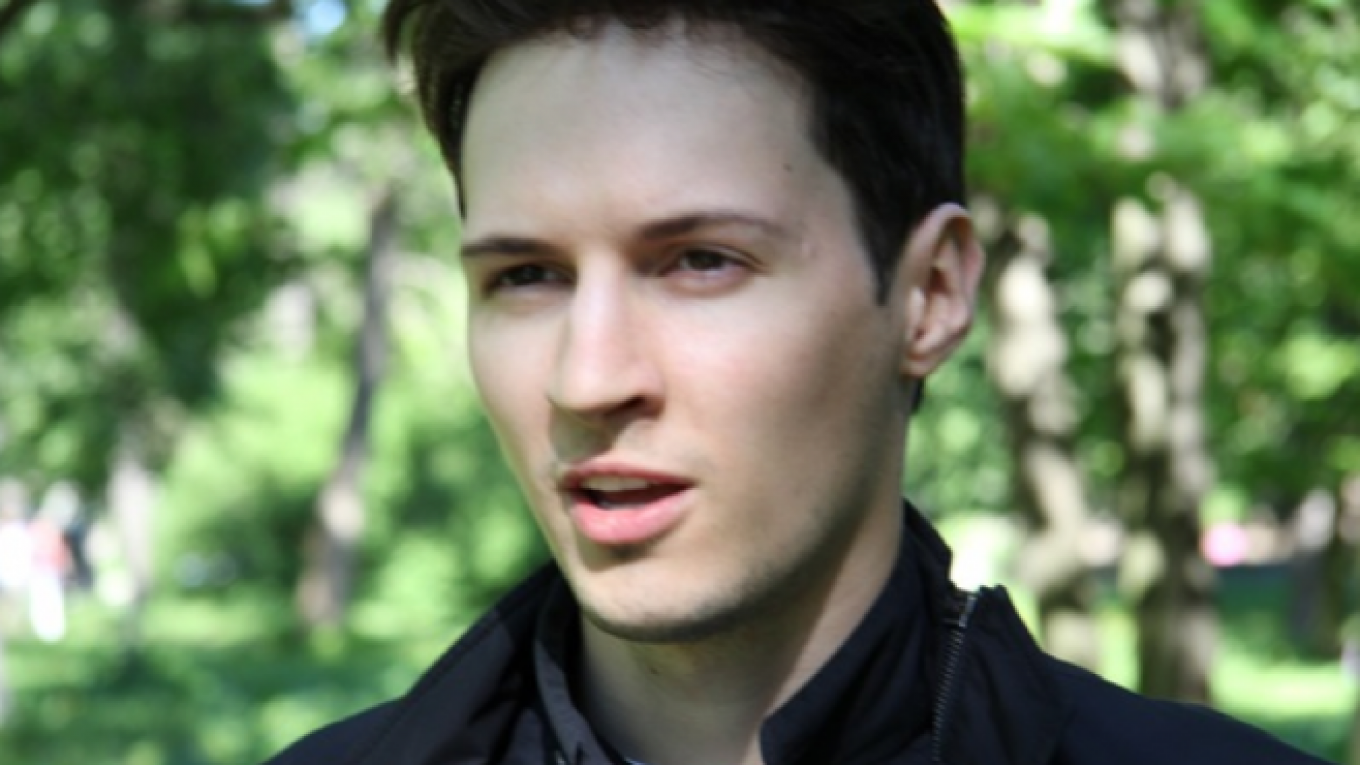Vkontakte founder Pavel Durov said he sold his share in the social networking site because of a conflict with the Federal Security Service, or FSB, over data protection and the privacy of its users in Ukraine.
In a message posted Thursday on his Vkontakte account, Durov said that in December the FSB demanded that he hand over the personal details of people who were members of a Vkontakte group dedicated to the Euromaidan protest movement. He also posted a copy of the supposed FSB order.
From November through February, so-called Euromaidan activists played an active role in organizing demonstrations in Kiev against the government of former Ukrainian President Viktor Yanukovych.
However, Durov said he refused to supply the information, and as a result was forced to "sacrifice a lot," including his share in Vkontakte.
In January, Durov sold his 12 percent share in the company to MegaFon CEO Ivan Tavrin.
"To give the personal details of Ukrainians to the Russian authorities would not only be against the law, but also a betrayal of all those millions of people in Ukraine who trusted us," Durov said.
"The freedom to disseminate information is the essential right of a postindustrial society. Without this right, the existence of Vkontakte makes no sense," he added.
Durov also said that he has faced mounting pressure in recent weeks to shut down access to an online group dedicated to the activities of opposition leader and anti-corruption blogger Alexei Navalny.
In March, Russia's media regulator restricted access to several opposition websites, including Navalny's blog on LiveJournal, on the grounds that they called "for participation in unauthorized rallies."
"On March 13, the Prosecutor General requested that I shut down Alexei Navalny's anti-corruption group, threatening to restrict access to Vkontakte. But I did not close the group in December 2011" when a large demonstration against then-Prime Minister Vladimir Putin took place in Moscow "and, of course, it is not closed now" Durov said.
Read More:
Prosecutors Call for Closure of Navalny Anti-Corruption Vkontakte Group
A Message from The Moscow Times:
Dear readers,
We are facing unprecedented challenges. Russia's Prosecutor General's Office has designated The Moscow Times as an "undesirable" organization, criminalizing our work and putting our staff at risk of prosecution. This follows our earlier unjust labeling as a "foreign agent."
These actions are direct attempts to silence independent journalism in Russia. The authorities claim our work "discredits the decisions of the Russian leadership." We see things differently: we strive to provide accurate, unbiased reporting on Russia.
We, the journalists of The Moscow Times, refuse to be silenced. But to continue our work, we need your help.
Your support, no matter how small, makes a world of difference. If you can, please support us monthly starting from just $2. It's quick to set up, and every contribution makes a significant impact.
By supporting The Moscow Times, you're defending open, independent journalism in the face of repression. Thank you for standing with us.
Remind me later.






